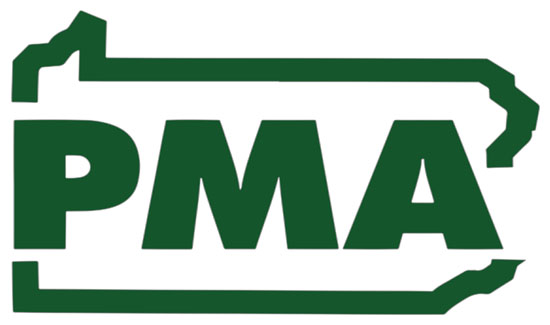Lawmaker Warns Against ‘Back Door’ Tax Increase

The Department of Environmental Protection (DEP) is cashing in on a permissive regulatory environment in Harrisburg. Late-2017 DEP fee increase approvals are on pace to cost businesses and consumers $50 million, with more increases on the way.
The fee increases have met little resistance from the regulatory bodies authorized to review them. One, the Environmental Quality Board (EQB), is loaded with members appointed by a frustrated Governor Tom Wolf; whose requests for new, additional energy-production tax increases during his first five years in office have been repeatedly rebuffed by the General Assembly.
Now one Republican House member from Lancaster is alerting his colleagues to pending fee increases under federal air and water programs administered by the DEP. At a combined $23.5 million per year, the increases would be the largest of any enacted over the past year-and-a-half. The proposals are before the Independent Regulatory Review Commission (IRRC), and the windows for public input are closing fast.
“The type and the magnitude of the increases are beyond the scope of the law,” said state Rep. Brett Miller, who recently sent a memo to his colleagues detailing his concerns. “They amount to tax increases without legislative approval.”
In his April 29 memo, Miller provided some background on the programs. On water, he wrote: “These programs are federal programs that PA has been authorized to administer and enforce. The Clean Streams Law (CSL) directs the DEP to implement a permitting program to control water pollution. Chapter 91 of 25 Pa Code establishes the Water Quality Management (WQM) programs and Chapter 92a establishes the National Pollution Discharge Elimination System (NPDES) program. The CSL authorizes the DEP to charge reasonable filling fees for applications filed and permits issued.”
For Miller, the proposed fees under the water programs – and for air programs under the Clean Air Act –go far beyond what’s reasonable. For example, a fee increase under the federal Safe Drinking Act last year hit a water authority in his district with an otherworldly increase from $200 per year to $20,000.
“I believe this is indicative of a larger pattern of unaccountable departmental self-growth and perpetuation whose regulatory overreach subject the regulated community to, higher costs and frustration,” he wrote in his memo.
PMA President & CEO David N. Taylor applauded Miller for bringing focus to what he described as backdoor tax increases. PMA will submit comments objecting to both. “We owe a special thanks to Brett Miller for raising the alarm and leading the fight against these unlawful taxes. To uphold our constitutional order, the legislative branch must retain the power of the purse,” Taylor said.
The DEP is justifying the increases in part by stating in regulatory reports to EQB that “given the potential fluctuations in appropriations by the legislature, a more stable and sustainable funding source is desired.” Under the air programs, they are even asking for an automatic yearly increase in the fees, something that Miller says is in clear violation of the law.
The Department is also lamenting the loss of funds under the air programs since the fees there are based on emissions, and those emissions from Title V facilities (major sources) have fallen 41 percent since 2000.
“Naturally, the DEP does not want to rely so heavily on a fee based on the volume of emission when emissions are decreasing substantially,” Miller wrote. “As a result, they have proposed, among many other fee hikes, a $10,000/yr. maintenance fee – regardless of whether or not emissions are decreasing. By instituting a flat maintenance fee DEP seeks to ensure that it gets revenue irrespective of the decreasing emissions it seeks to encourage and disincentivizes regulated facilities to continue to voluntarily reduce their pollution output.”
DEP fails to mention in its proposals the fact that the department is also bleeding money paying attorney’s fees in environmental cases it’s losing. And like all state agencies, it’s suffering financially under a broken public pension system. Neither should be funded by the commonwealth’s business and consumers.
The deadline to file comments with IRRC on the proposed fee increases under the water programs is May 14; the deadline under the air program is June 17.






